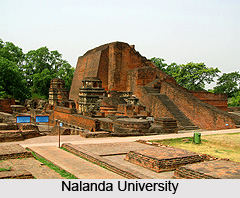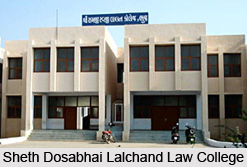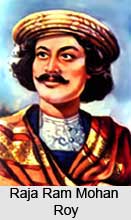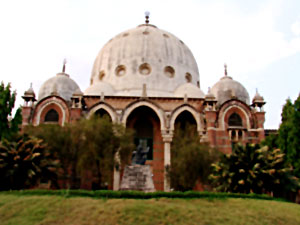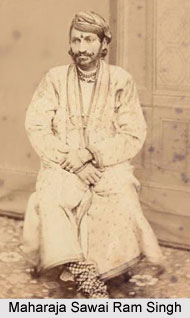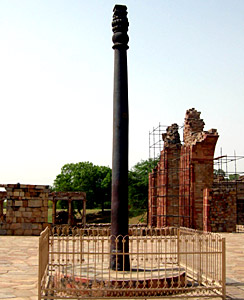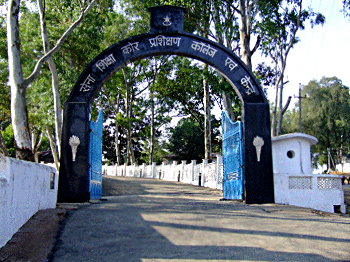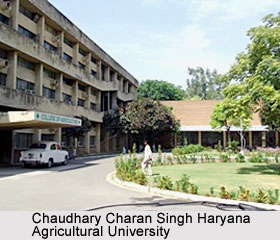 Chaudhary Charan Singh Haryana Agricultural University is located in Hisar district in the Indian state of Haryana. The university is named after India`s seventh Prime Minister, Chaudhary Charan Singh. The university is a leader in agricultural research in India and contributed significantly to Green Revolution and White Revolution in India in the 1960s and 1970s. It has a large campus and has several research centres throughout the state. It has also won the Indian Council of Agricultural Research`s Award for the Best Institute in 1997.
Chaudhary Charan Singh Haryana Agricultural University is located in Hisar district in the Indian state of Haryana. The university is named after India`s seventh Prime Minister, Chaudhary Charan Singh. The university is a leader in agricultural research in India and contributed significantly to Green Revolution and White Revolution in India in the 1960s and 1970s. It has a large campus and has several research centres throughout the state. It has also won the Indian Council of Agricultural Research`s Award for the Best Institute in 1997.
History of Chaudhary Charan Singh Haryana Agricultural University
Haryana Agricultural University was initially a campus of Punjab Agricultural University, Ludhiana. Post formation of Haryana in 1966, it became an autonomous institution on February 2, 1970 through a Presidential Ordinance. The ordinance was later ratified as Haryana and Punjab Agricultural Universities Act, 1970, passed by the Lok Sabha on March 29, 1970. A. L. Fletcher who was the first Vice-Chancellor of the university, was influential in its initial growth.
It has six colleges in the main campus at Hisar:
College of Agriculture
College of Agricultural Engineering and Technology
College of Animal Sciences
College of Basic Sciences & Humanities
Indira Chakravarty College of Home Science
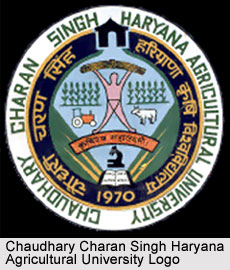 College of Veterinary Science
College of Veterinary Science
There are two additional Colleges of Agriculture one at Kaul and the other at Bawal.
Courses offered at Undergraduate programmes
B.Sc. (Hons) Agriculture
B.Tech. (Agricultural Engineering)
B.Sc. (Hons) Home Science
B.V.Sc. & A.H. (Bachelor of Veterinary Sciences and Animal Husbandry)
Masters programmes
M.Sc. Agriculture
M.Sc. Forestry
M.B.A.[8]
M. Tech. (Agricultural Engineering)
M.Sc. (Botany, Zoology, Sociology, Chemistry, Genetics, Fisheries, Plant Physiology, Biochemistry, Biotechnology & Molecular Biology, Bioinformatics, Microbiology or Statistics)
M.Sc. (Food Science and Technology)
M.Sc. (Home Science)
M.V.Sc.
Doctoral programmes
Several departments in the College of Agriculture, College of Home Science, College of Animal Sciences, College of Veterinary Sciences and College of Basic Sciences and Humanities offer Ph.D. programmes.
